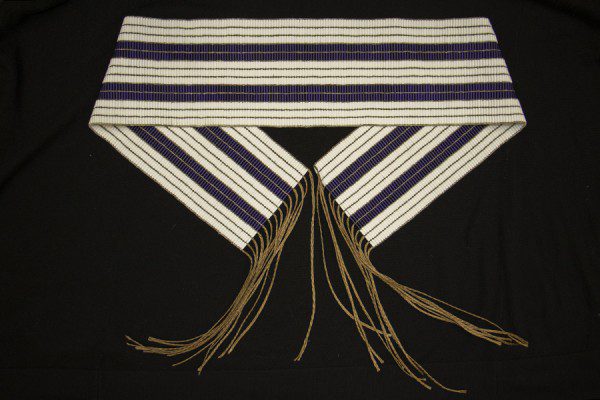The NOHT-ÉSON’s strategic plan culminates a collaborative and inclusive process that reflects our community’s diverse voices and perspectives. Over the past months, we engaged extensively with community groups, health and social care partners, and individuals with lived experiences, ensuring that our priorities for the next three years truly represent Niagara residents.
Central to our development process was the involvement of Patient/Client and Family/Caregiver (PCFC) advisors, whose insights helped shape a plan that prioritizes the needs of those directly impacted by the health and social care system. By working closely with interested and affected parties from across various sectors, particularly the health and social services sectors, the NOHT-ÉSON and its partners identified strengths, challenges, and opportunities, resulting in a comprehensive strategy grounded in evidence and community-driven insights.
Our data-driven approach allowed us to analyze community health trends and workforce challenges, guiding us to focus on equity and addressing disparities, particularly among Indigenous, Francophone, and equity-deserving populations. This plan sets a clear roadmap for 2024-2027, aligning with provincial health mandates while remaining adaptable to emerging challenges and community feedback.
Through this process, we have strengthened partnerships across Niagara, fostering a unified health and social care community committed to better outcomes. Trust and transparency have been foundational to our efforts, ensuring accountability as we move forward together. We invite you to explore our strategic plan and join us in our commitment to enhancing health care for all in Niagara.



